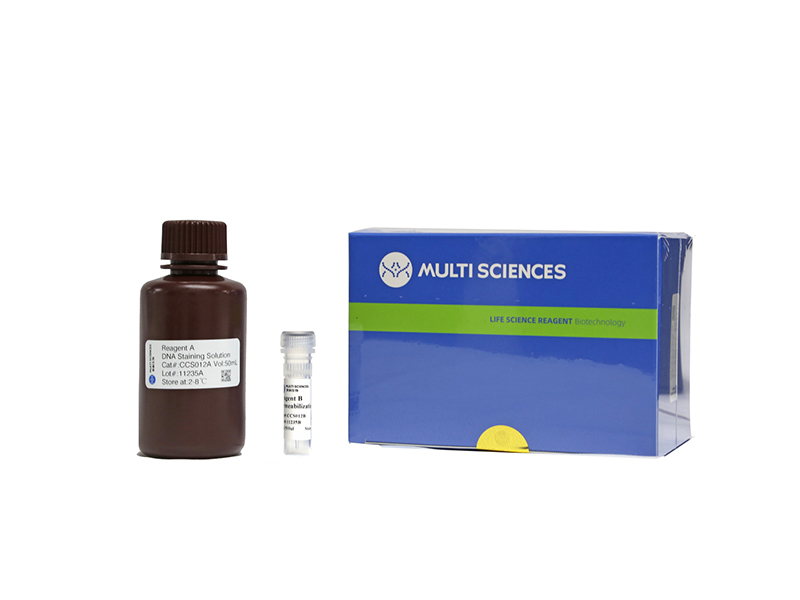The aim of this study was to investigate the role of G-protein signaling modulator 2 in the carcinogenesis and progression of hepatocellular carcinoma. We previously showed that G-protein signaling modulator 2 was upregulated in hepatitis B virus-related hepatocellular carcinoma tissues through a hierarchical clustering analysis. With this study, we first assessed the expression pattern of G-protein signaling modulator 2 in hepatocellular carcinoma specimens and adjacent noncancerous tissues; clinical data were analyzed, along survival times, utilizing the Kaplan-Meier method. Moreover, the functions of G-protein signaling modulator 2 were examined using small-interfering RNAs in vitro. The results showed that G-protein signaling modulator 2 was clearly overexpressed in hepatocellular carcinoma tissues and cell lines and that the G-protein signaling modulator 2 expression level was related to tumor size and hepatitis B virus infection. Furthermore, G-protein signaling modulator 2 knockdown studies suggested that G-protein signaling modulator 2 accelerates cell growth, cell cycle, migration, and invasion and inhibits apoptosis, acting as an oncogene in hepatocellular carcinoma. Western blotting indicated that silencing of G-protein signaling modulator 2 in HepG2 and SMMC-7721 cells increased the expression levels of Bax, caspase-3, and E-cadherin, while notably suppressing the cyclin-dependent kinase 4, cyclin-dependent kinase 6, CyclinD1, Snail1, Vimentin, and matrix metallopeptidase 9 expression levels, compared with that in the control groups. In addition, we found that G-protein signaling modulator 2 can affect the expression of key proteins involved in protein kinase B activation. In conclusion, high expression of G-protein signaling modulator 2 was involved in the pathological processes of hepatocellular carcinoma through activation of the phosphatidylinositol 3-kinase/protein kinase B signaling pathway, which may provide an attractive potential diagnostic biomarker and therapeutic target for treatment of hepatocellular carcinoma.
文章引用产品
-
-
- CCS012
- 周期试剂盒
Cell Cycle Staining Kit 细胞周期检测试剂盒
-
¥390.00
-
- CCS012
- 周期试剂盒
Cell Cycle Staining Kit 细胞周期检测试剂盒
- ¥390.00



